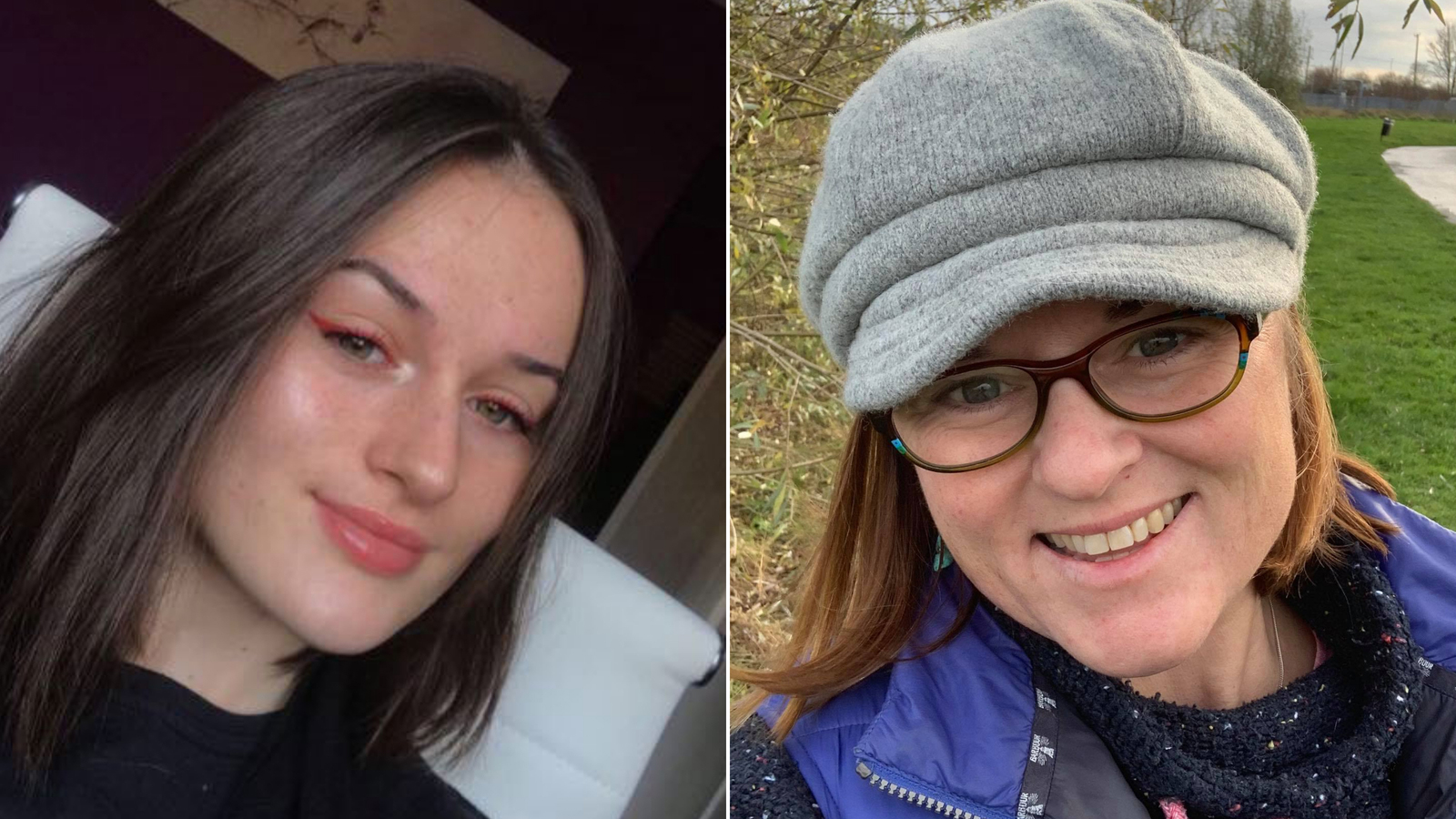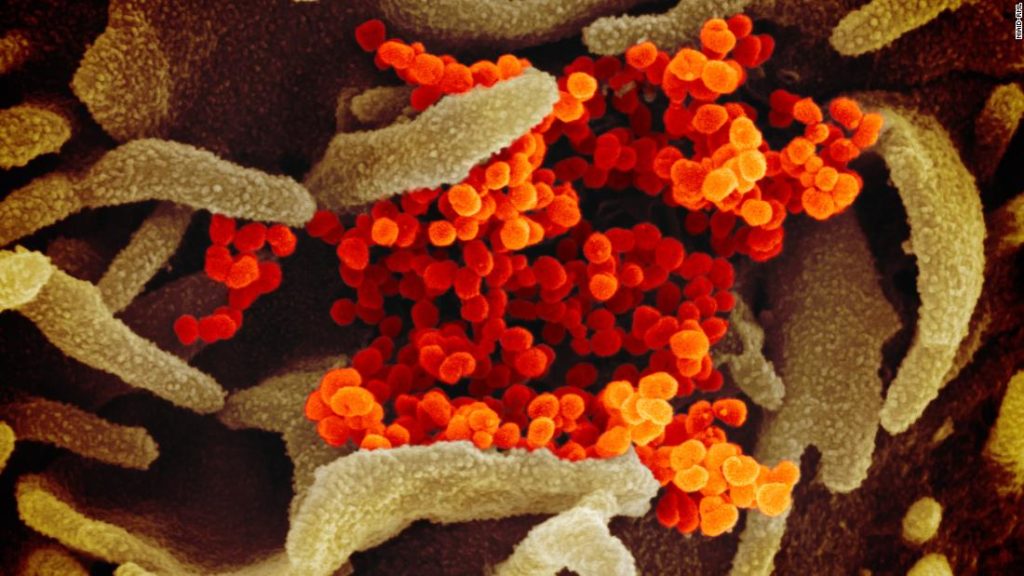
Tentative optimism has emerged about an exit route from the pandemic as multiple forms of Covid-19 shots are rolled out across the UK and Europe.
UK Health Secretary Matt Hancock has pledged that every British adult will be offered a Covid-19 vaccine by the autumn of 2021, following pressure to ramp up vaccination as cases in the country continue to rise, with more than 3.7 million infections reported to date.
But while most people will benefit from Covid-19 vaccines, those with impaired immune systems may not respond to them in the same way as their peers.
Danielle Seal likens going for a walk during the pandemic to an extreme sport.
“When I go [and walk] the dog I have to ask people to stay two meters away,” she told CNN. “And that’s what really upsets me. If you try and squeeze past me, you are putting my life in danger. Going for a walk is an adrenaline-seeking extreme sport.”
Seal has Common Variable Immunodeficiency Disorder (CVID), a type of primary immune deficiency (PID). This means that her body does not produce protective antibodies to defend itself against pathogens like bacteria or viruses, leaving Seal and others like her extremely vulnerable to infections — even without a global pandemic.
The 45-year-old has taken extreme care during the crisis to avoid contracting Covid-19, but her situation is unlikely to change in the long-term, even as governments fixate on the glimmer of hope provided by vaccines against the coronavirus.
“Many individuals who are clinically extremely vulnerable will have some degree of immunosuppression or be immunocompromised and may not respond as well to the vaccine,” reads the advice from Britain’s Joint Committee on Vaccination and Immunisation (JCVI.)
This is because vaccines are designed to generate an immune response from the human body, by causing it to produce antibodies and T-cells that help fight specific infections. But for people with immune deficiencies, the body may just make a few of these antibodies or T-cells — or none at all — leaving them vulnerable to infection.
You may also like
-
UK coronavirus variant has been reported in 86 countries, WHO says
-
NASA technology can help save whale sharks says Australian marine biologist and ECOCEAN founder, Brad Norman
-
California Twentynine Palms: Explosives are missing from the nation’s largest Marine Corps base and an investigation is underway
-
Trump unhappy with his impeachment attorney’s performance, sources say
-
Lunar New Year 2021: Ushering in the Year of the Ox

